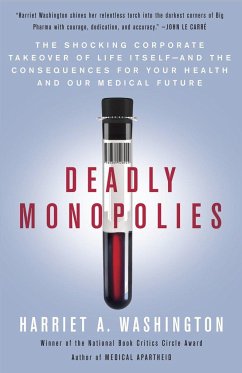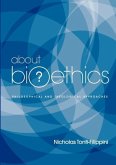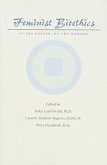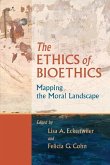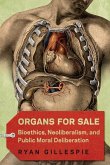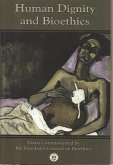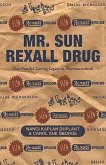From the award-winning author of Medical Apartheid, an exposé of the rush to own and exploit the raw materials of life-including yours. Think your body is your own to control and dispose of as you wish? Think again. The United States Patent Office has granted at least 40,000 patents on genes controlling the most basic processes of human life, and more are pending. If you undergo surgery in many hospitals you must sign away ownership rights to your excised tissues, even if they turn out to have medical and fiscal value. Life itself is rapidly becoming a wholly owned subsidiary of the medical-industrial complex. Deadly Monopolies is a powerful, disturbing, and deeply researched book that illuminates this "life patent" gold rush and its harmful, and even lethal, consequences for public health. Like the bestselling The Immortal Life of Henrietta Lacks, it reveals in shocking detail just how far the profit motive has encroached in colonizing human life and compromising medical ethics.

